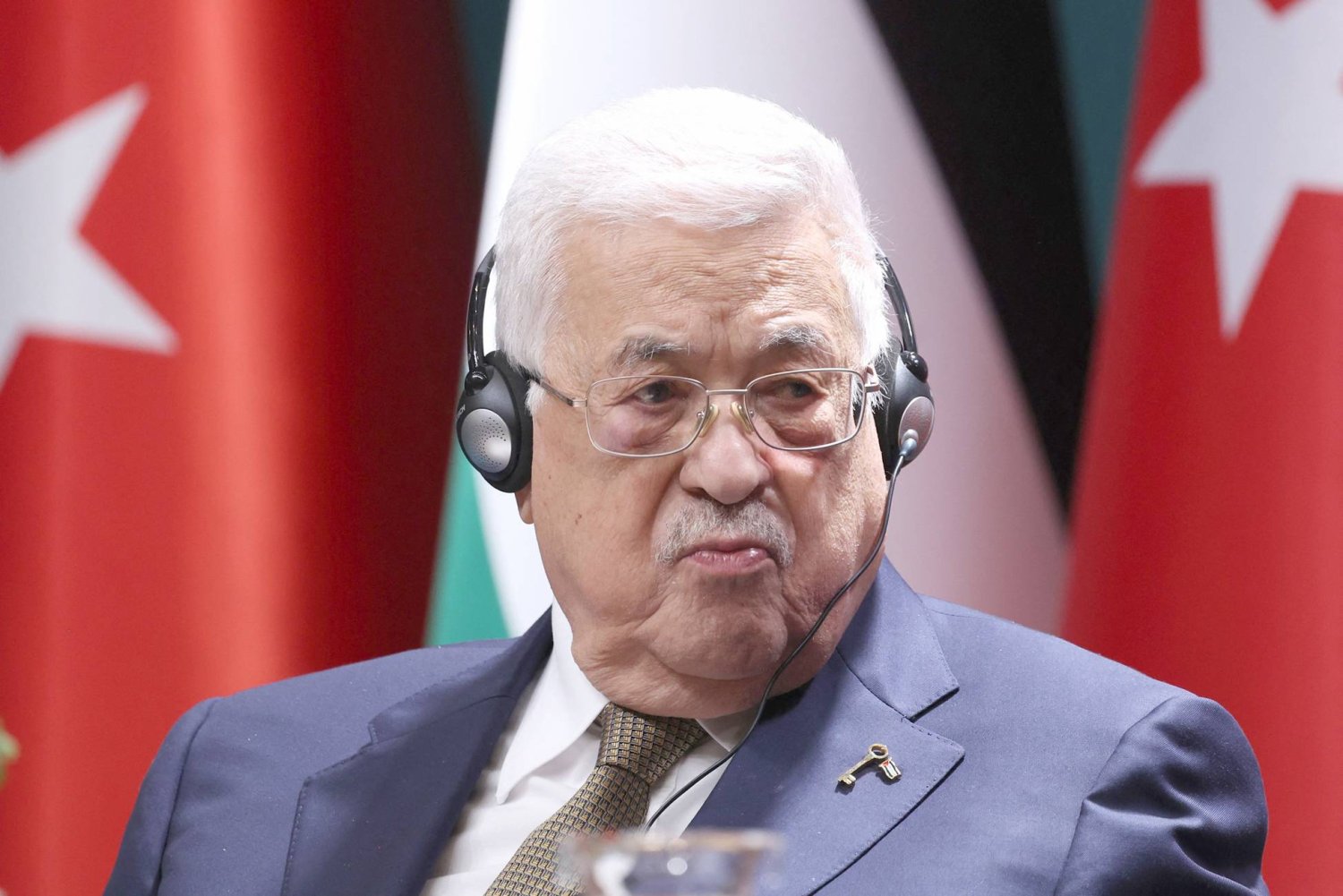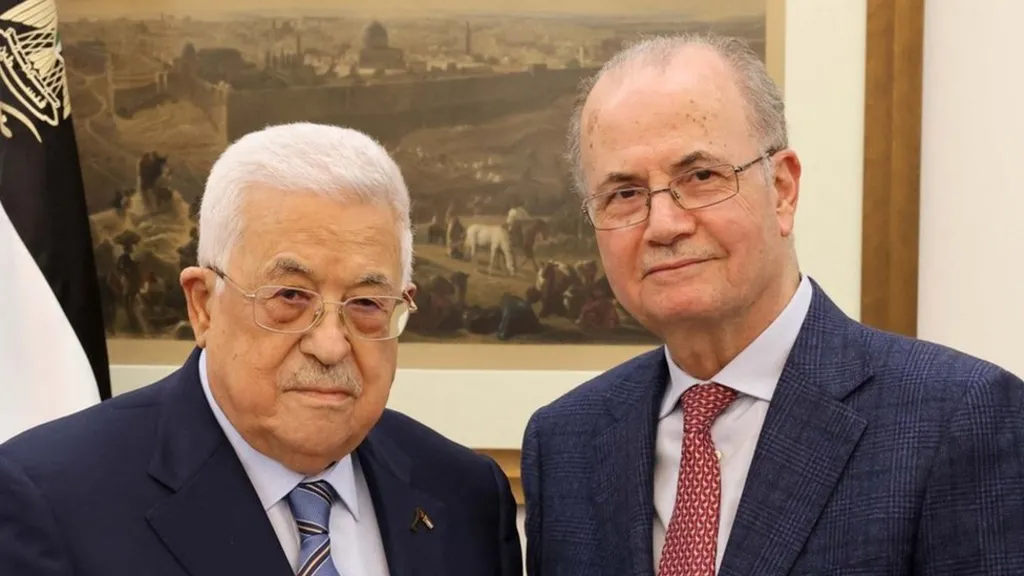Mohammad Mustafa has been named state leader of the Palestinian Power, which oversees a part of the involved West Bank, by President Mahmoud Abbas.
The president’s long-lasting consultant is Mr. Mustafa, a financial specialist with a US training who was once a high ranking representative at the World Bank.
Three weeks earlier, Mohammed Shtayyeh, his predecessor, announced his resignation, citing the “emerging reality in the Gaza Strip”.
The US is putting pressure on Mr. Abbas to restructure the PA so it can take control of Gaza once the Israel-Hamas conflict is over.
The PA was not included in the vision for the land that Israel’s Prime Minister Benjamin Netanyahu unveiled last month.
After around 1,200 people were killed and 253 others were taken prisoner by Hamas terrorists in southern Israel on October 7, the Israeli military mounted a massive air and ground battle in Gaza.
According to the health ministry in Gaza, which is controlled by Hamas, at least 31,300 Palestinians have died there since that time.
-
PM of Palestine steps down over the “new reality” in Gaza
-
After the conflict, Netanyahu sets forth his strategy for Gaza.
In the presidential decree naming Mr. Mustafa, which was released on Thursday, it was stated that organizing the rehabilitation of what was destroyed during the war and spearheading humanitarian assistance operations in Gaza were among his top duties.
Planned “reunification of institutions across the homeland’s governorates as a single geographical, political, national, and institutional unit” was listed as another top goal.
In order to achieve “a robust and transparent governance system subject to accountability, combating corruption, and ensuring good governance,” it also advocated for “continuing the reform process” of Palestinian institutions.
Since 2015, Mr. Mustafa, an economist with a doctorate from George Washington University, has served as head of the Palestine Investment Fund.
Prior to that, he worked for two years as the economy minister and deputy prime minister, helping to rebuild Gaza after Israel and Hamas’ 2014 conflict.
The White House urged the immediate creation of a “reform cabinet” and praised Mr. Mustafa’s nomination.
Speaking on behalf of the National Security Council, Adrienne Watson stated that “the United States will be looking for this new government to deliver on policies and implementation of credible and far-reaching reforms,”
“A reformed Palestinian Authority is essential to delivering results for the Palestinian people and establishing the conditions for stability in both the West Bank and Gaza.”
Khalil Shaheen, a Palestinian political analyst based in Ramallah, said that Mr. Mustafa’s proximity to the president might, however, restrict the potential for reforms.
“Ultimately, [he] continues to be President Abbas’s right-hand man,” he stated to the AFP news agency. “Abbas wants to say that he supports reforms, but they remain under his control.”
Another expert stated that they would not pass judgment until they saw the names of Mr. Mustafa’s cabinet nominees.
 According to some sources, he would name technocrats in the hopes of convincing Israel to provide them control over Gaza following the conflict.
According to some sources, he would name technocrats in the hopes of convincing Israel to provide them control over Gaza following the conflict.
Established in 1994 under the Oslo agreements, the PA is governed by Hamas’s opponent, Mr. Abbas’s Fatah faction, and has limited governing powers in areas of the occupied West Bank not fully under Israeli authority.
Much-loved by many Palestinians in the West Bank and Gaza, it lost control of Gaza in 2007 when Hamas drove out soldiers loyal to Mr. Abbas a year after the Palestinian elections were won.
https://youtu.be/uWvjvBIr8Ho?si=tcXIkG0Wd8MmrNmV
“Gaza and the West Bank should be reunited under a single governance structure, ultimately under a revitalised Palestinian Authority, as we all work toward a two-state solution,” stated US President Joe Biden in November.In his post-war “demilitarized” Gaza plan, Mr. Netanyahu did not exclude the PA from playing a part. However, the corpse was not mentioned in detail either. Rather, it discussed giving “local elements with managerial experience” command over civilian management and public order.

